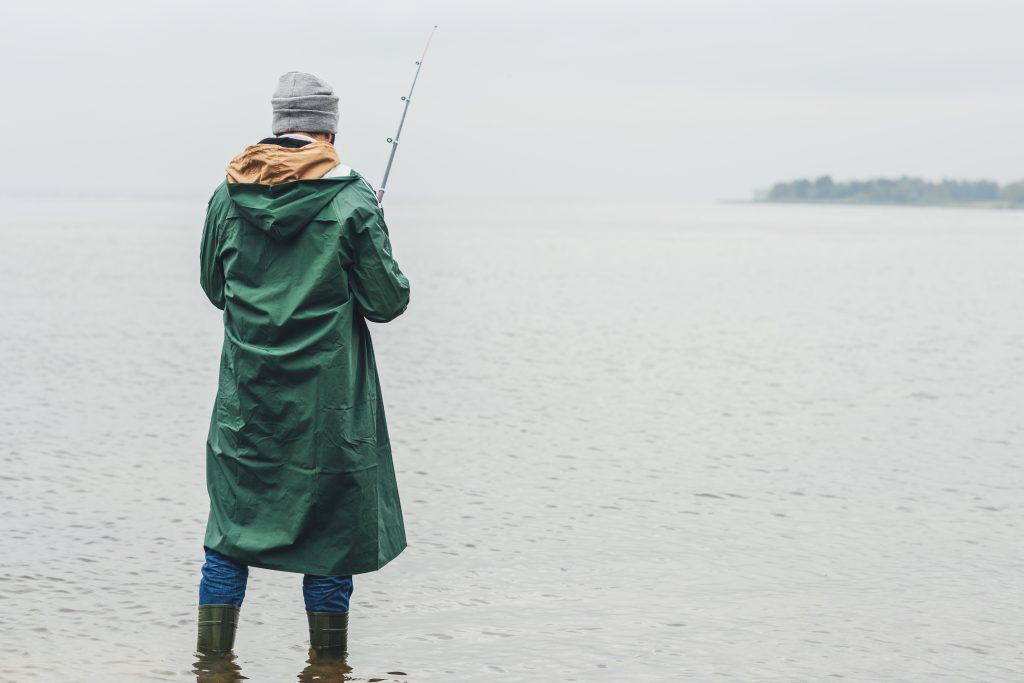

I love to test new fishing gadgets and share my opinion.
Fishing in the rain has always been a subject of debate among anglers. Some swear by it, claiming that rainy days can lead to bountiful catches, while others remain skeptical, seeking shelter when the first drops fall. When it comes to white bass, an intriguing question arises: do they bite in the rain? In this exploration, we delve into the relationship between white bass and rainy weather to uncover the wet truth behind their feeding habits.
Imagine standing on the banks of a serene lake, the gentle pattering of raindrops creating ripples on the water’s surface. As an angler, you might wonder if this tranquil scene translates into a more active day of white bass fishing. To answer this, we must consider several factors.
One belief among anglers is that rain can trigger increased activity among fish, including white bass. Rainfall can wash insects and other terrestrial creatures into the water, creating a smorgasbord of food for fish. This sudden influx of food can entice white bass to feed more actively, making it an opportune time to cast your line.
Rain also alters the water conditions in which white bass thrive. It can lead to lower light levels and increased cloud cover, which can make white bass more comfortable and less cautious. In these conditions, they may venture closer to the shoreline, where anglers can target them more effectively.
However, the intensity of the rain matters. Light rain or a drizzle may have a positive impact on white bass feeding behavior, but heavy downpours can be a different story. Excessively heavy rain can disturb the water’s surface, making it challenging for fish to see and locate prey. In such cases, white bass might become less active and retreat to deeper waters until the rain subsides.
The time of day also plays a crucial role. White bass are known to be more active during dawn and dusk, commonly referred to as the “magic hours.” If rain coincides with these peak feeding times, it can amplify their activity and increase your chances of a successful catch. You can also read our guide on how to catch white bass.
Some anglers believe that the sound of rain hitting the water’s surface can act as a form of natural cover, making white bass less cautious. This theory suggests that rain’s auditory camouflage can work in the angler’s favor, allowing them to approach white bass without detection.
In the world of fishing, there are no guarantees. While rain can indeed trigger increased white bass activity and create favorable conditions, it’s not a surefire recipe for success. The key is to approach rainy days with a strategic mindset.
Pay attention to the intensity and timing of the rain, adapt your tactics accordingly, and choose lures that mimic the prey white bass are likely to target during wet weather. For insights into effective lures for white bass fishing, consider exploring our article on white bass fishing lures. Ultimately, whether white bass bite in the rain or not can vary from day to day and lake to lake. So, the next time you contemplate fishing under a drizzle, remember that the wet truth lies in the nuanced interplay of factors, and sometimes, rain can be just what you need for a successful white bass catch.
